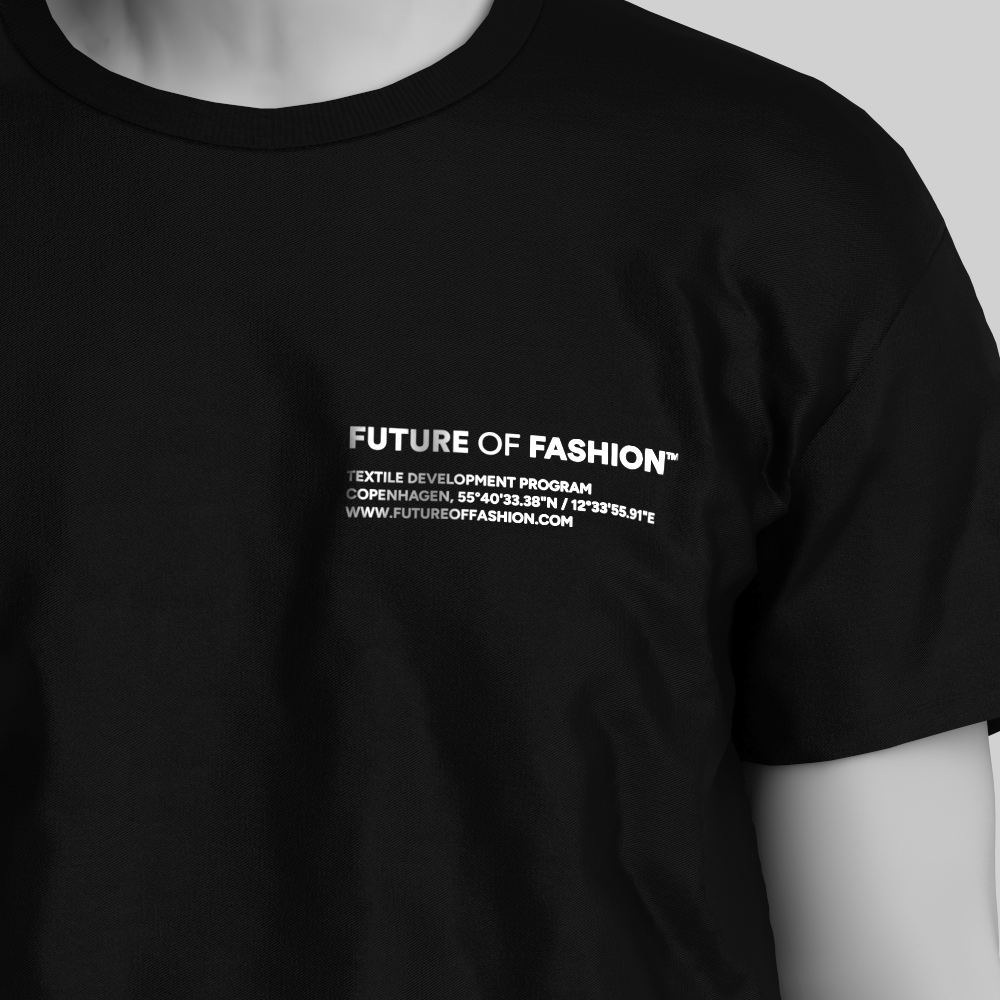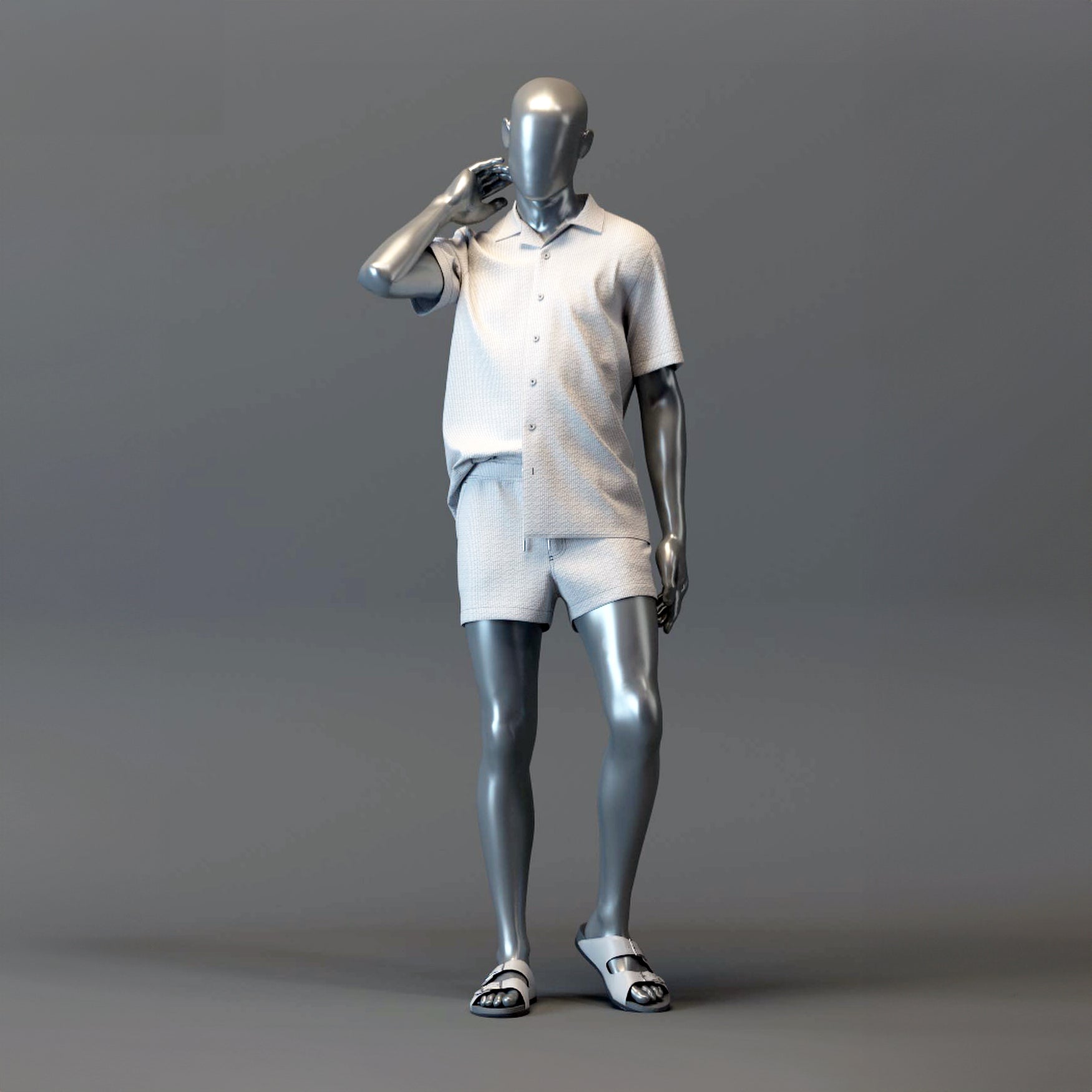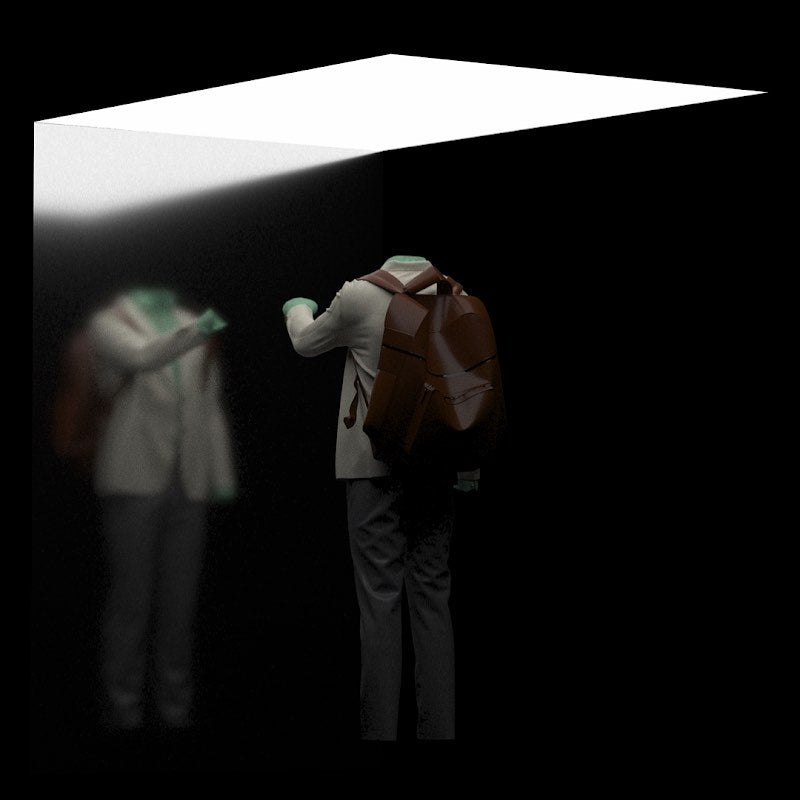Articles
-
Read more: A New Era for AI: How European Regulations Impact the Fashion Industry

A New Era for AI: How European Regulations Impact the Fashion Industry
In a landmark decision, the European Parliament has greenlit the world's inaugural comprehensive regulations governing artificial intelligence (AI). The AI Act heralds a pivotal moment not only for tech but also for diverse sectors including fashion within the European Union.Read more -
Read more: Unleashing Creativity: A Playbook for Generative AI in Fashion

Unleashing Creativity: A Playbook for Generative AI in Fashion
In today's fast-paced fashion industry, staying ahead of the curve requires constant innovation and creativity. Designers, brands, and retailers are always on the lookout for groundbreaking techniques to create unique and captivating collections. One such groundbreaking technology that has revolutionized the industry is generative artificial intelligence (AI).Read more -
Read more: Fashion Technology and E-commerce: Shaping Careers in the Fashion Industry

Fashion Technology and E-commerce: Shaping Careers in the Fashion Industry
The fashion industry has always been synonymous with glamour and creativity. However, in recent years, there has been a transformative shift within the industry, driven by technological advancements and the rise of e-commerce. This evolution has not only revolutionized the way we consume fashion but has also opened up exciting career opportunities for individuals interested in the intersection of fashion, technology, and e-commerce.Read more -
Read more: The Power of Extended Reality: Revolutionizing the Fashion Industry

The Power of Extended Reality: Revolutionizing the Fashion Industry
Extended Reality (XR) is reshaping the way we perceive and interact with the world, and the fashion industry is no exception. As the digital realm continues to expand its influence, fashion brands are harnessing the potential of XR to create immersive and engaging experiences for consumers.Read more -
Read more: The Rise of Phygital: Blurring Boundaries Between the Physical and Digital Worlds

The Rise of Phygital: Blurring Boundaries Between the Physical and Digital Worlds
In an increasingly interconnected world, the lines between physical and digital realms are becoming more blurred. One fascinating phenomenon that embodies this convergence is the concept of "phygital." Combining the words "physical" and "digital," phygital refers to the seamless integration of physical and digital experiences.Read more -
Read more: AI to Z: A Glossary of Terms You Need to Know to Keep Up in the Age of AI Hype

AI to Z: A Glossary of Terms You Need to Know to Keep Up in the Age of AI Hype
Artificial Intelligence (AI) has become an increasingly prevalent and influential force in our modern world. From personalized recommendations on streaming platforms to autonomous vehicles, AI is revolutionizing various industries and transforming the way we live and work.Read more





